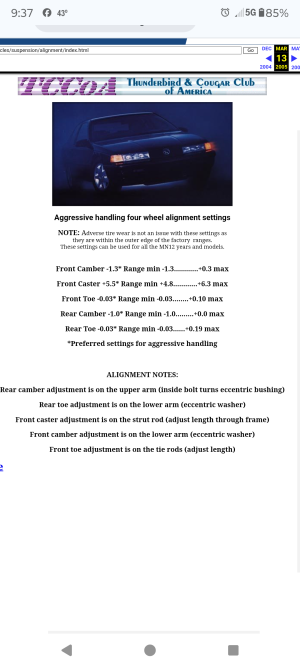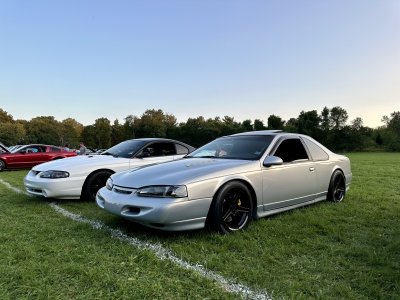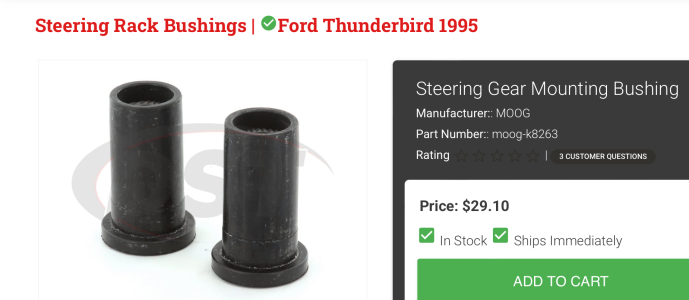- Joined
- Sep 12, 2023
- Messages
- 5,466
- Location
- Roselle, IL
- Cars in Garage
- 1
- Vehicle Details
- 1994 Cougar XR7 DOHC TR3650
My point exactly. That's why I'm having trouble imagining that such pressure can build up or even cause oil leaks, since there is an open pathway out.
I guess I could be convinced that the pathway out is too small to release pressure which built up very rapidly from blowby - if there is such a rapid build-up.
I imagine that crankcase pressure would fluctuate some, but to the extent that it causes oil leaks?
The issue is two fold, crankcase pressure without relief is compounding, even on the healthiest engine every cylinder has a small percentage of blowby per cycle that ends up in the crankcase, and when you add that up by the number of cylinders and RPM that pressure will rise. The open breather will be an escape path yes, but it’s like exhaling through a straw.
The other thing is windage, the rapidly moving pistons, rods and crank create a cloud of oil vapor inside the crankcase. Without PCV or worse yet a clogged one the pressures will take with them the suspended oil vapors through the paths of least resistance, the various gaskets (pan timing cover, main seals etc) are good for containing oil splash and vapors but not necessarily pressure. You can see this from PCV itself, crankcase oil vapors get sucked into the intake tract from it, which is why people often install inline catch cans/separators to keep oil out of the intake tract.



